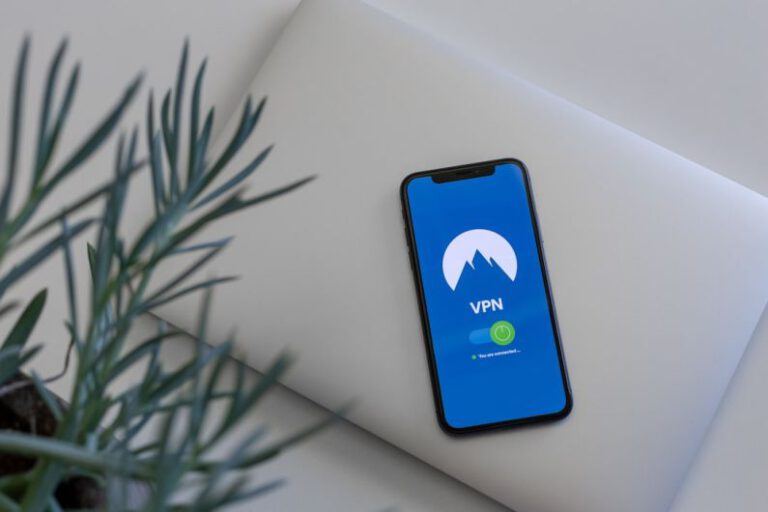The Role of Blockchain in Enhancing Online Security
In the digital age, where online transactions and interactions have become an integral part of our daily lives, ensuring the security and privacy of sensitive information has become a paramount concern. Cyber threats and data breaches have increasingly targeted individuals and organizations, highlighting the need for robust security measures. One technology that has emerged as a game-changer in the realm of cybersecurity is blockchain. Originally created as the foundation for cryptocurrencies like Bitcoin, blockchain technology has evolved to offer a secure and transparent way to store and transmit data. Let’s delve into the role of blockchain in enhancing online security.
### Enhanced Data Security
One of the key features of blockchain technology is its decentralized nature. Traditional databases are stored in a central location, making them vulnerable to hacking and unauthorized access. In contrast, blockchain utilizes a distributed ledger system where data is stored across a network of computers, making it virtually impossible for a single point of failure to compromise the entire system. Each block in the chain contains a unique hash that is linked to the previous block, creating a secure and tamper-proof record of transactions. This decentralized and transparent structure enhances data security by eliminating the need for a central authority to validate transactions, reducing the risk of fraud and manipulation.
### Immutable Records
Another crucial aspect of blockchain technology is its immutability. Once a transaction is recorded on the blockchain, it cannot be altered or deleted without consensus from the network participants. This feature ensures the integrity and authenticity of data, making it an ideal solution for industries where data tampering is a significant concern, such as finance, healthcare, and supply chain management. By providing a tamper-proof record of transactions, blockchain enhances online security by mitigating the risk of data manipulation and fraud.
### Secure Identity Management
Identity theft and unauthorized access to personal information are prevalent in the digital realm, posing a significant threat to online security. Blockchain technology offers a secure and efficient solution for identity management by enabling the creation of self-sovereign identities. Users can control their digital identities through cryptographic keys stored on the blockchain, eliminating the need for centralized identity verification systems that are vulnerable to data breaches. By decentralizing identity management, blockchain enhances online security by reducing the risk of identity theft and unauthorized access to sensitive information.
### Smart Contracts
Smart contracts are self-executing contracts with the terms of the agreement directly written into code. These contracts automatically execute and enforce the terms of the agreement when predefined conditions are met, eliminating the need for intermediaries and reducing the risk of fraud. Blockchain technology enables the implementation of smart contracts, providing a secure and transparent way to conduct transactions online. By automating contract execution and ensuring compliance with the agreed-upon terms, smart contracts enhance online security by reducing the potential for disputes and fraudulent activities.
### Decentralized Applications
Decentralized applications (dApps) are applications that run on a decentralized network of computers, utilizing blockchain technology to ensure transparency and security. Unlike traditional centralized applications that are vulnerable to single points of failure, dApps operate on a distributed network, making them resistant to hacking and downtime. By leveraging blockchain technology, dApps enhance online security by providing a secure and reliable platform for users to interact and transact without relying on a central authority.
### Conclusion:
Blockchain technology has revolutionized the way we approach online security by offering a secure, transparent, and decentralized solution for storing and transmitting data. From enhanced data security and immutable records to secure identity management and smart contracts, blockchain technology has the potential to transform the digital landscape and safeguard sensitive information from cyber threats. As we continue to navigate the complexities of the digital world, embracing blockchain technology as a cornerstone of online security is essential to creating a safer and more secure online environment for individuals and organizations alike.






